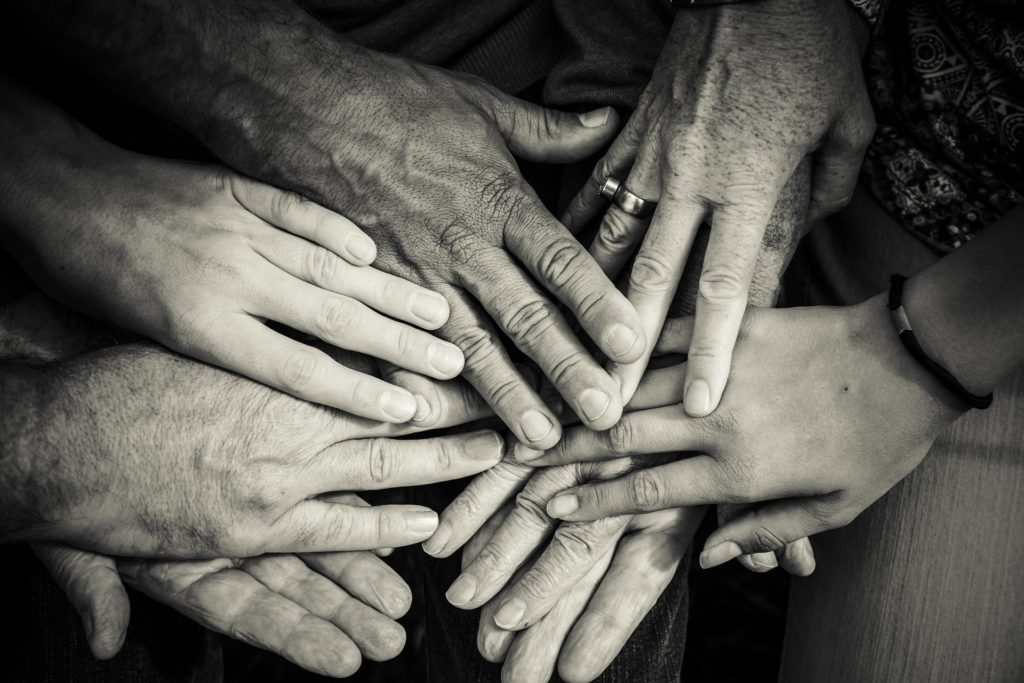Hospice providers have had to adapt their bereavement program to comply with social distancing recommendations during the COVID-19 outbreak. The public health emergency has complicated their ability to provide grief services even as demand continues to rise, largely due to the killer virus.
The U.S. Centers for Medicare & Medicaid Services (CMS) requires hospice providers to offer bereavement counseling for a minimum of 13 months following a patient’s death, but hospices tend to go above and beyond by making grief care available to their entire communities, regardless of whether the deceased had been their patient.
“Anytime there’s a disaster of any kind, the hospice and palliative care community provides much of the grief and bereavement support, not only for the employees and patients and family that are affected, but really for the entire community,” Edo Banach, president and CEO of the National Hospice & Palliative Care Organization (NHPCO) told Hospice News. “[Providers] are hanging on and really doing the best they can, but they will need additional support to do even more.”
A pandemic of grief has emerged side by side with the virus. COVID-19 is now the leading cause of death in the United States, claiming more than 400,000 lives to date, according to the U.S. Centers for Disease Control & Prevention (CDC). While a fraction of those patients were receiving hospice care in their final days, any family who has lost a loved one can benefit from bereavement services.
Due to the pandemic, hospices have had to cancel in-person counseling sessions, meetings with families as well as support groups and other services to avoid spreading the COVID-19 virus. These restrictions come at a time in which many families in addition to their grief are coping with increased anxiety, depression, loneliness and isolation as the outbreak continues.
With few other options, many are turning to telehealth systems to support grieving families. Fortunately these efforts have proven successful in many cases.
“We had to come up with a virtual environment and were really concerned about that. Our group is really about developing relationships among folks who are facing grief, with the hope that they will continue to support each other after the 10-week program concludes,” said Topher McClellen, executive director of Walla Walla Community Hospice in Washington state. “In actuality, the virtual environment didn’t really affect the relationship building experience. They were really getting some substantial support.”
The demand for bereavement care is not limited to victims of COVID-19 as thousands of others continue to lose loved ones due to other serious illnesses such as cancer, heart disease, respiratory illness and other conditions.
NHPCO and the Social Work in Hospice & Palliative Care Network (SWHPN) have called for policymakers to discuss a national strategy for the thousands of family, friends and others who have lost people to the novel coronavirus.
In a recent letter to the Biden administration, NHPCO advocated for the establishment of a public health campaign to improve understanding of grief, often called grief literacy, as well as resources and training to enhance bereavement care.A range of organizations have also asserted the need for a National Grief Strategy in the wake of the pandemic.
“We have a latent crisis where we’re gonna see many more people needing support and not getting it. We need government support for additional grief care,” Banach told Hospice News. “We need access to more education and training, and we need a national campaign.The need for grief and bereavement support is massive, and this is one of those cases where the need far outstrips the supply.”
Companies featured in this article:
National Hospice and Palliative Care Organization, Walla Walla Community Hospice



